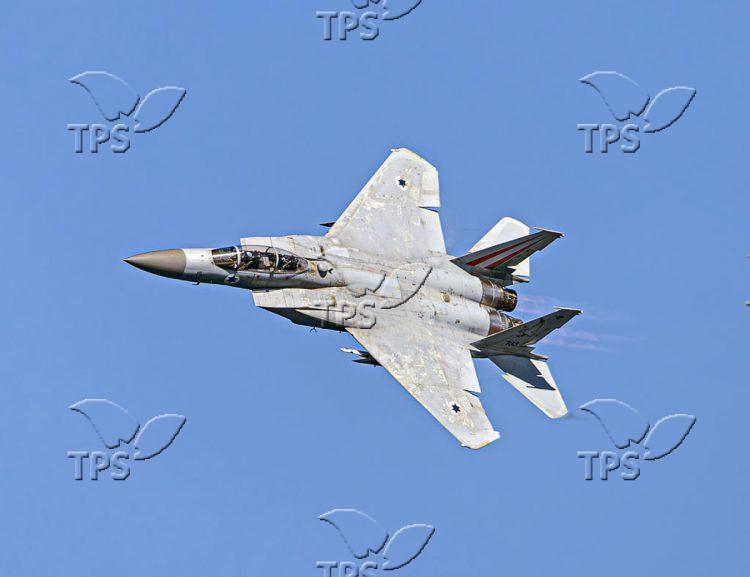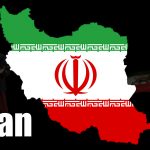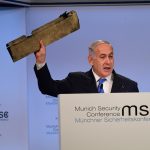What Would An Israeli Attack on Iran Look Like?
Jerusalem, 15 April, 2024 (TPS) -- As the Middle East closely watches as Israel considers retaliating for Iran’s first direct attack against the Jewish state, one analyst told The Press Service of Israel that a limited response would be more effective over the longer term.
“There are a variety of options,” Professor Uzi Rabi, who teaches Middle East geopolitics at Tel Aviv University, explained to TPS-IL.
“I would rather go for economic assets. It could be an oil field – not the stuff Iran and the Houthis committed in Saudi Arabia a few years ago, but something in the neighborhood of that. It should be a reminder that Iran doesn’t have the right to open and close chapters [of the conflict]. But at the same time, it should be a response that leaves behind an Israeli seal,” Rabi said.
He explained that Israel has made two strategic gains in recent days that Israel must take care not squander.
The first strategic gain, said Rabi, was forcing Iran to attack Israel directly. Tehran vowed to avenge the assassination of Brig.-Gen. Mohammad Reza Zahedi in an airstrike on an Iranian embassy compound in Damascus on April 1. Zahedi was Quds Force commander of the Islamic Revolutionary Guard Corps.
“This is the first time Iran was forced to come to the front because Iran has been running a theater in the Middle East, where it was always behind the scenes,” Rabi said. As commander of all IRGC activities in Syria and Lebanon, Zahedi “was very instrumental in the whole machinery.
The airstrike, which Israel never publicly acknowledged, “Served to express in a very vivid way that the struggle of the Middle East is not Gaza. Gaza is a symptom of the problem and the name of the problem is Iran,” Rabi said.
The second strategic advantage is that instead of being isolated for its war against Hamas, moderate Arab states are standing by Israel against their common Iranian enemy, Rabi explained.
The retaliation should “Say loud and clear that Israel understands that it is part and parcel of a coalition that, in case of crisis, is going to be formed in no time, because Iran is the enemy of the free world,” he added, noting that Jordan joined US, British and French efforts to intercept hundreds of drones launched by Iran.
“It means an Arab-Israeli coalition is not far-fetched. We’re going to see that,” he insisted. “Arab states will stand by Israel because they definitely know that Israel is not the only target of Iran.”
But Rabi warned that being overly ambitious would destroy the budding coalition.
“A kind of retaliation that would go that far and deal, for example, with nuclear facilities without getting a kind of understanding or a sort of blind eye from the US ahead of time, that would be a mistake. That would destroy what Israel achieved in recent days,” he said.
Asked if regular waves of drone attacks would become a new status quo for Israel, Rabi insisted, “That is definitely Iran’s aim.”
Elaborating, he said, “What Iran is doing by running this theater is giving Hezbollah missiles and using the Houthis for the drones, dealing in cruise missiles with the militias in Iraq and Syria and creating a variety of threats that become a daily reality for Israel. Iran wants to normalize that kind of activity.”
On Saturday night, Iran launched more than 320 drones and missiles at Israel. Most of the drones and several cruise missiles were intercepted by the air forces of the US, Jordan, Britain and France without reaching Israel airspace. Israeli air defenses intercepted the remaining missiles.
One Bedouin girl was injured by falling shrapnel near the Negev town of Arad, and Israel’s Nevatim Air Force base sustained minor damage. The army released footage of planes taking off and landing on Sunday morning.







